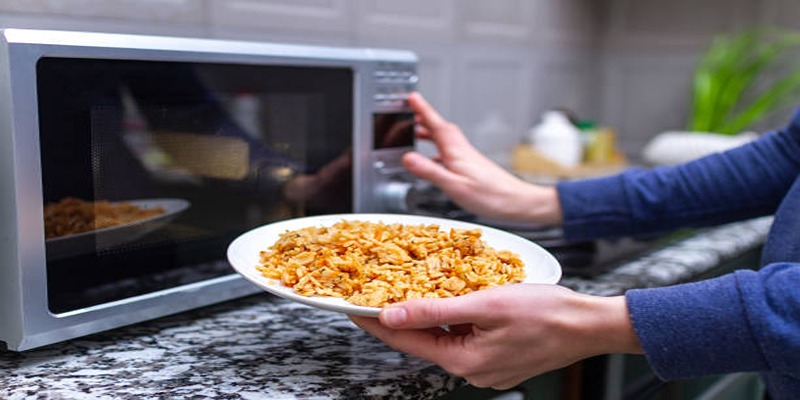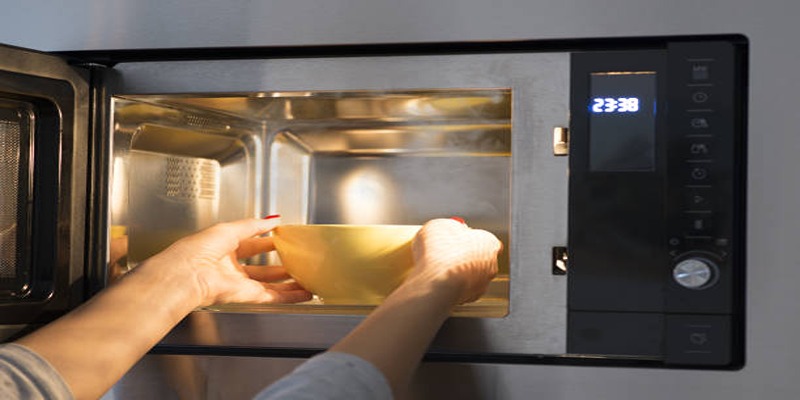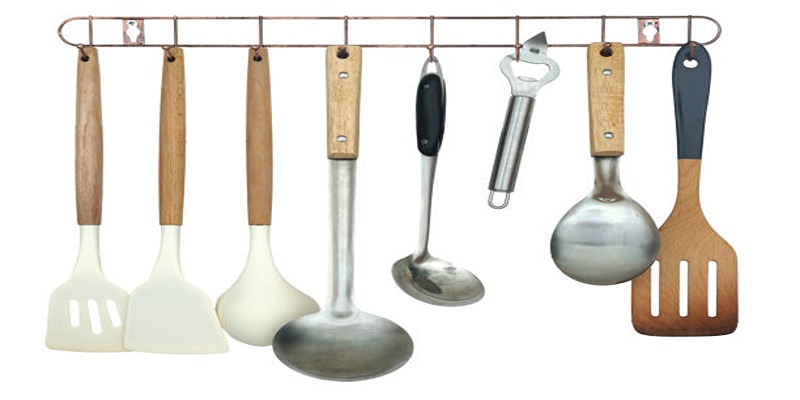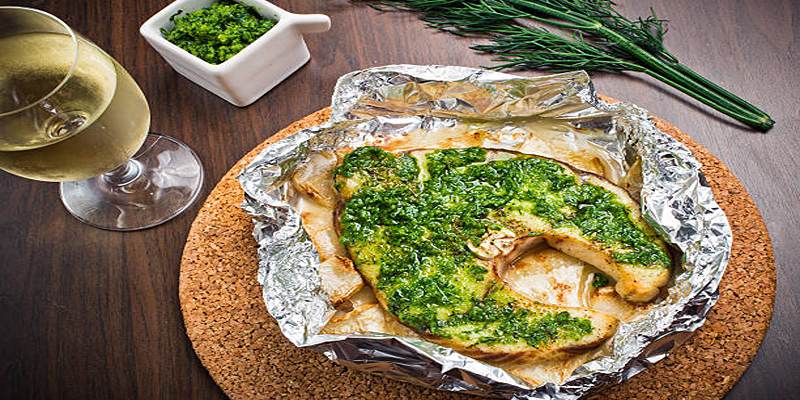When it comes to convenient cooking methods, microwaving often takes the lead due to its speed and simplicity. However, this modern kitchen appliance isn't always synonymous with the best choice for meal preparation. Microwaving can potentially alter the nutritional value of food, sometimes degrading essential vitamins and minerals. Additionally, the texture and taste of microwaved dishes may not always match those prepared using traditional cooking techniques. The energy waves used in microwaves can lead to uneven cooking, which might leave hot spots and undercooked portions in your meal. This guide explores the potential downsides of relying too heavily on your microwave, offering insight into why you might want to reconsider it as your primary cooking tool.
What is a Microwave and How Does It Work?
A microwave is an electronic appliance that uses electromagnetic radiation to heat food. Electromagnetic radiation refers to the energy waves traveling at the speed of light, ranging from radio waves to gamma rays. Microwaves use much less powerful energy waves compared to other forms of electromagnetic radiation, such as x-rays or gamma rays, making them safe for everyday household use.
The microwaves emitted by these appliances cause water molecules in food to vibrate rapidly, generating heat through friction. This process evenly heats the food from within, reducing cooking time significantly. As convenient as this may seem, it's this very process that can lead to some potential downsides when it comes to cooking in the microwave.
Nutritional Impact

One of the main concerns with microwaving food is the potential loss of nutrients. Heat-sensitive vitamins such as vitamin C and B vitamins can be significantly diminished by microwave cooking. This is because the rapid heating process can cause these essential nutrients to break down or leach out into cooking liquid, resulting in a less nutritious meal.
Moreover, some research suggests that microwaves may also alter protein structures in meat, making it more challenging for our bodies to digest and absorb protein effectively. This could lead to reduced nutrient absorption and potentially impact muscle health over time.
Inconsistent Cooking
Another downside to microwaves is their tendency to cook food unevenly. Due to the way microwaves heat food from within, there can be hot spots and cold spots in the dish, resulting in inconsistent cooking. This can be particularly problematic with meats, as undercooked portions could increase the risk of foodborne illness.
Potential Health Risks
While microwaves are generally considered safe for everyday use, there have been some concerns raised over their potential health risks. The World Health Organization has classified the electromagnetic radiation used in microwaves as "possibly carcinogenic to humans," meaning it could potentially cause cancer.
While further research is needed to fully understand the effects of microwave use on our health, it's essential to be cautious and limit exposure, especially for young children and pregnant women.
Texture and Taste

Apart from the potential health and nutritional impacts, another reason why cooking in the microwave may not be the best choice is due to its effect on texture and taste. Microwaves do not allow for browning or crisping of foods, which can result in soggy or rubbery textures and a lack of depth in flavor.
Moreover, certain foods like breads and pastries do not fare well in microwaves as they tend to become tough and dry instead of staying soft and fluffy. This can greatly impact the overall taste and enjoyment of these dishes.
Environmental Considerations
It's worth noting that microwaves also have an environmental impact. These appliances consume a significant amount of energy, and while they may be more efficient than traditional ovens in terms of heating time, they still contribute to overall energy consumption.
Furthermore, the materials used to make microwaves, such as plastic and electronic components, can be harmful to the environment if not disposed of properly.
Limited Culinary Techniques
Lastly, relying too heavily on microwaves for cooking can limit your culinary skills and techniques. Traditional cooking methods like roasting, braising, and grilling allow for a wider range of flavors and textures in dishes that cannot be achieved through microwaving alone. By solely using the microwave, you may miss out on the joy and satisfaction of experimenting with different ingredients and cooking techniques.
Practical Limitations
Of course, it's essential to acknowledge that microwaves still have their place in the modern kitchen. They can be convenient for quick heating and reheating of leftovers, making popcorn, or melting butter and chocolate. However, they shouldn't be relied on as the sole means of meal preparation.
For those with busy schedules and limited time for cooking, it may seem difficult to avoid using the microwave altogether. In such cases, consider incorporating other cooking methods into your routine when possible, such as batch cooking meals over the weekends or investing in a pressure cooker for faster meal preparation without compromising nutrition.
While microwaves can be a convenient tool in the kitchen, it's essential to consider their potential downsides and use them in moderation. By incorporating a variety of cooking methods and techniques into your routine, you can create well-rounded meals that are not only nutritious but also satisfying both in taste and texture. So the next time you reach for your microwave, remember to consider these factors and make an informed decision about whether or not it should be your go-to cooking appliance.
Conclusion
Microwaves can be a quick and convenient way to heat up food, but they also have some potential downsides. From the impact on nutrition and cooking consistency to potential health risks and limitations in culinary techniques, it's essential to use them in moderation and not rely on them as the sole means of cooking. By being mindful of these factors and incorporating other cooking methods into your routine, you can create well-rounded meals that are both nutritious and enjoyable. So while microwaves may make our lives more convenient, it's crucial to weigh the pros and cons before relying on them too heavily. Thus, as with any technology, it's important to understand the potential effects and use it in moderation for a well-balanced approach to cooking.







